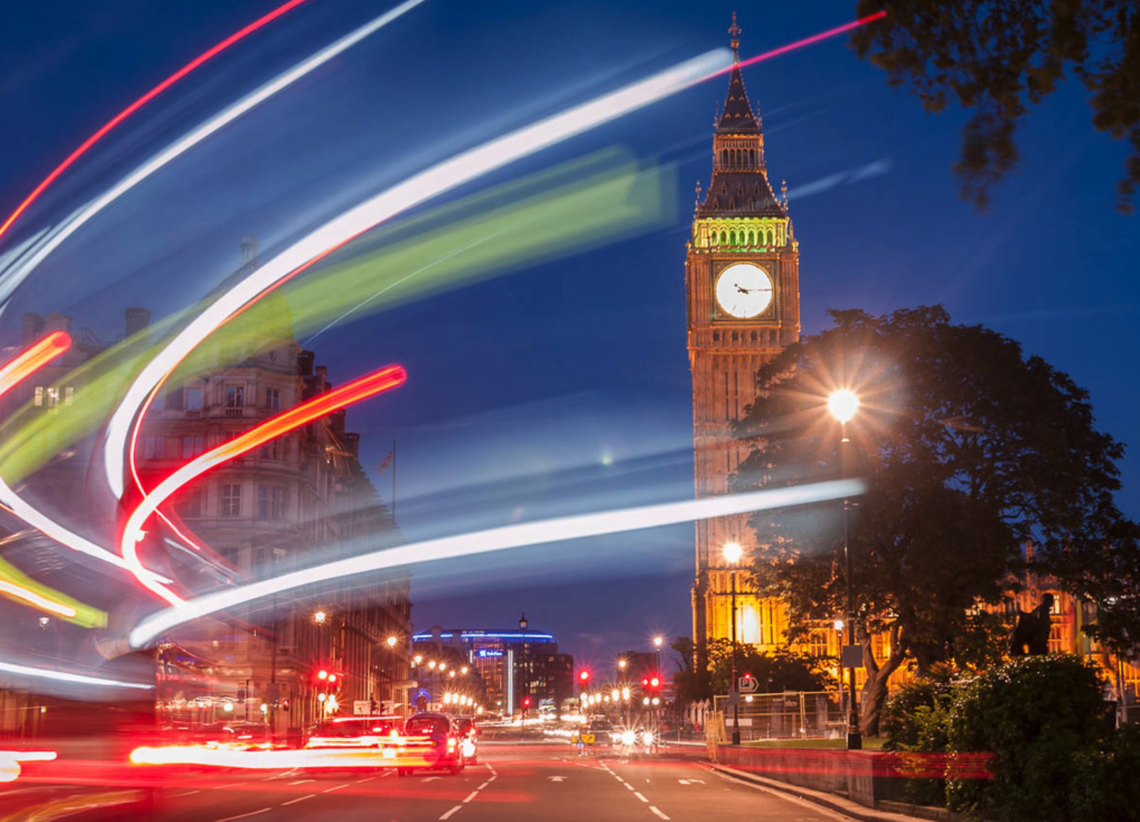
Getting started in the UK
From the green fields and historic country houses to the bustling, multicultural metropolis where anything goes that is London, the UK is definitely an exciting destination. Like anywhere, it can seem complicated when you arrive. Read on for my essential guide on how to get started in the UK.
UK accommodation
Before you start trying to sort out anything else in the UK you need to have somewhere to sleep. Finding rental accommodation is often simple enough through letting agents, which is a good option if you have moved to the UK with a selection of flatmates (make sure you have six weeks rent upfront as a deposit, your first month’s rent and references from previous landlords or their contact details). If you are an individual, this may still be an option, but there are also several websites where people list rooms they have available, such as www.gumtree.co.uk. Although permanent accommodation is not essential urgently, it is important that you are able to provide an address, and proof of that address, when the time comes to open a bank account.
British bank accounts
Getting a bank account in the UK is notoriously difficult, however, it is still possible if you can prove who you are and where you live. You should expect to provide at least one form of photographic identification and usually two proofs of your address that can be letters from the council or a utility bill. There is normally an application form to complete and when your account is opened you will usually receive a debit card to access your money. Some accounts come with a chequebook and you can usually opt for online and telephone banking too. If you have little by way of credit history you may be given a Solo card until you have built up some history with the bank and they upgrade you to a Visa or Mastercard-branded debit card. If applying for credit cards Visa and Mastercard are readily accepted by most retailers in the UK and Europe. American Express is accepted nearly everywhere but occasionally not.
National Insurance number
Employers in the UK require a National Insurance number from their employers. The number is like a personal account number. It links to your national insurance contributions and ensures they, and the tax you have paid, are properly recorded. Your national insurance account can also dictate whether or not you are entitled to certain contribution-based benefits. You should call Jobcentre Plus on 0845 600 0643 to apply for a number.
Working in the UK
Arranging some of the above can be exhausting, but keep going; you are almost there! When you are ready to start work (or need to) there are a wide variety of opportunities in the UK employment market. The competition for jobs is tougher than before the recession but it does not mean there are no jobs out there. A good place to start is by registering at employment agencies. Most high streets have an employment agency amongst them, such as Brookstreet. There are also several online agencies including Monster, Adecco and Reed It is usually free to register with them as they make their money by charging the hiring employers a finding fee. Depending what sort of work you are looking for it is often possible to visit businesses and leave a copy of your CV with them. In some jobs, such as retail and bar work, this is a good way of becoming known to the establishment, rather than just being a name on a piece of paper.
Communications
You can pick up a SIM card to use in your unlocked phone just about anywhere in the UK these days, including newsagents and supermarkets. If you are still arranging that permanent address, buy a pay as you go (PAYG) SIM. PAYG SIMs are cheap and make it easy to keep your usage within a budget. Most of the UK has good network coverage too so there is little difference between providers.
Making friends in the UK
Britain is a funny place and where in other countries it might be perfectly normal to strike up a conversation on a train for example, this will be met with looks of concern, fear, or perhaps both in the UK. A better place to seek friendly company is in the heart of England, a pub. Britain is littered with pubs and they are an unmissable cultural experience in themselves. So get yourself to a pub and grab a seat at the bar. It won’t be long before you feel like a local.
Photo credit: Nathan Parton





4 Comments
Stephanie
Great post! London pub life, definitely a social life saver when you are new to a community! 🙂
Liv
Thanks Stephanie – yes, I think pubs have a lot to answer for!
My recent post European cities – what not to miss
sugerfreek
There is a big difference in network coverage, for example supermarket brand networks are normally poor. The best network is giff gaff and it’s the cheapest around. £10 for unlimited texts and 250 minutes.
Also while in ENGLAND it might not be ok to talk to strangers. You’ll find in Wales and Scotland people talk to strangers all the time. They are in all just miles friendlier.
My recent post Experience South East Asia like Wills and Kate
Liv
Hi there, I agree there can be a lot of difference between coverage, but that only really makes a difference outside the main cities. Coverage is pretty good across the UK really. Always good to ask a few people which network they suggest though.
My recent post How to become a scuba diving instructor